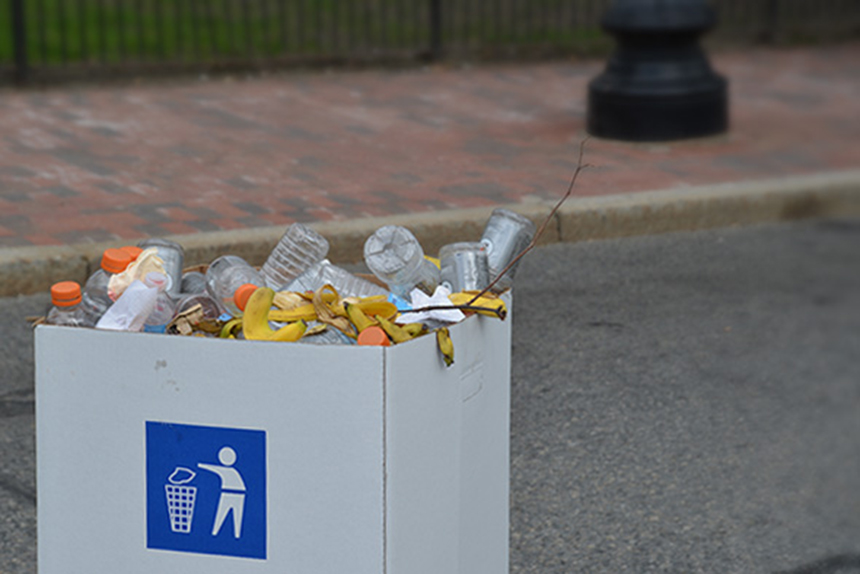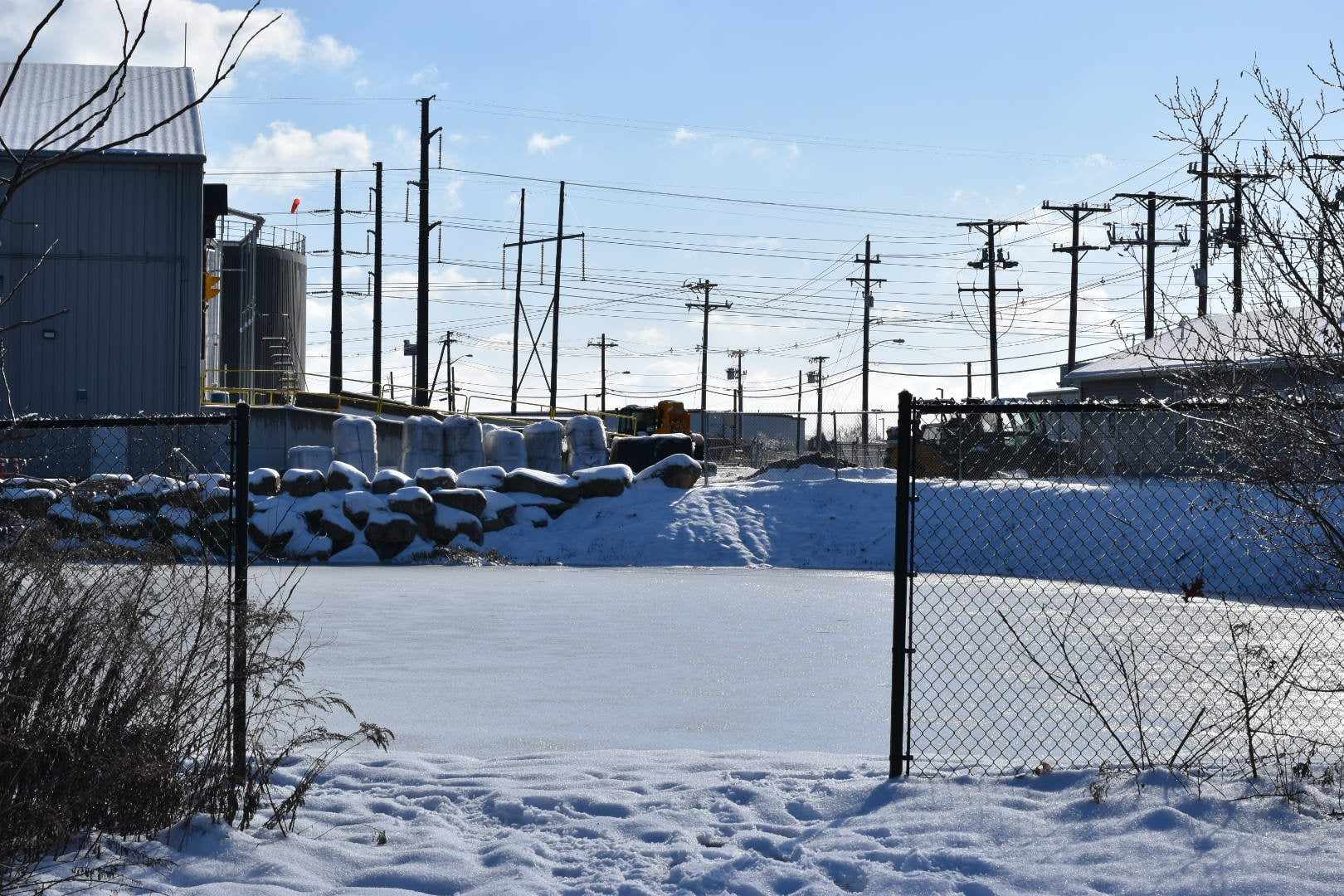Aluminum is King of Collected Metals in Rhode Island
February 9, 2010
Recyclable metals have more subcategories than the “Metal” section at the local Newbury Comics. But the only metal collected by the state in any significant amount is aluminum, in the form of used beverage containers — or UBCs, to use the waste-management parlance.
Aluminum represents almost all of the metals collected in Rhode Island, but is still only about 1 percent of the total recyclables collected — 961 tons in fiscal 2009, according to the Rhode Island Resource Recovery Corporation, which runs the Central Landfill in Johnston.
A big reason why that percentage is so low is that many small-businesses, especially bars and restaurants, only recycle a small percentage of their solid waste. Businesses that employ less than 50 people, unlike larger employers, are not required to report on the management of their waste, which leads to plenty of recyclables being buried in the state landfill.
“Very little bottle and can recycling is happening in the business community,” said Sarah Kite, Resource Recovery Corporation’s director of recycling services.
Most recyclable steel is garnered from industrial interests. The automotive business and the construction business are the two major recyclers of steel in the United States, and up to 84 percent of all scrap steel is recycled, according to the Steel Recycling Institute.
In fact, steel is the most recycled material in the world, and has been recycled for 150 years because of the high cost and energy consumption involved in its production.
Steel and other non-aluminum metals collected residentially statewide make up less than half a percent of the total collected material — about 480 tons in fiscal ’09, according to the Resource Recovery Corporation.
All metals are made from ores that must be mined, refined and usually combined with another metal to make an alloy, as is the case with steel. Most aluminum is refined from an ore called bauxite, and most iron is found in an ore called hematite. Hematite is pelletized and smelted with coke and limestone producing what is called “pig iron” and is the starting point for steel, and many other essential alloys.
Aluminum is a highly versatile metal used not only for soda and beer cans, but also for airplane fuselages, automobile bodies, heat sinks and street light poles, and aluminum oxide (alumina) is one of the many additives used in the glass-making process. It is 100 percent recyclable. That is, aluminum that has been recycled has the same chemical structure as aluminum produced from bauxite.
Recycling aluminum only uses 5 percent of the energy that is needed to produce aluminum from ore. One drawback to recycling aluminum is a possible 15 percent volume loss during the process. This loss comes in the form of an ashy oxide called dross, which also is produced in new aluminum production, but to a lesser degree.
Aluminum can be extracted from dross, and is done so industrially, but the process produces a waste material that is complex, volatile and hard to manage.
There are few restrictions on what types of metal can placed in the blue bin. Tin, aluminum, iron, copper and alloys made from any of these, in varying proportions, are acceptable for recycling. In fact, the Resource Recovery Corporation would like to see more metal collected because the market value of scrap metals is extremely high.
So high, in fact, that a Google search of “metal+theft” will produce numerous stories from around the world of homes, churches and construction sites having metal, especially copper, stolen from them. (It also will produce a Swedish deathcore band called MetalTheft; apparently, even thieves follow this lucrative market.)
The only restrictions the Resource Recovery Corporation puts on collected metals are:
• Scrap metal must be no longer than 3 feet and weigh no more than 35 pounds.
• No oil-based paint and stain cans.
• No hypodermic needles.
So where do these metals go after the one-armed truck picks them up?
The collected aluminum is baled at the Central Landfill and shipped to one of the largest users and recyclers of aluminum in the world, Anheuser-Busch. All other scrap, including steel, tin, copper, cast iron and brass, is bought by either Mid-City Scrap out of Westport, Mass., or Schnitzer Northeast, which has a plant in Johnston.
Categories
Join the Discussion
View CommentsYour support keeps our reporters on the environmental beat.
Reader support is at the core of our nonprofit news model. Together, we can keep the environment in the headlines.
We use cookies to improve your experience and deliver personalized content. View Cookie Settings



